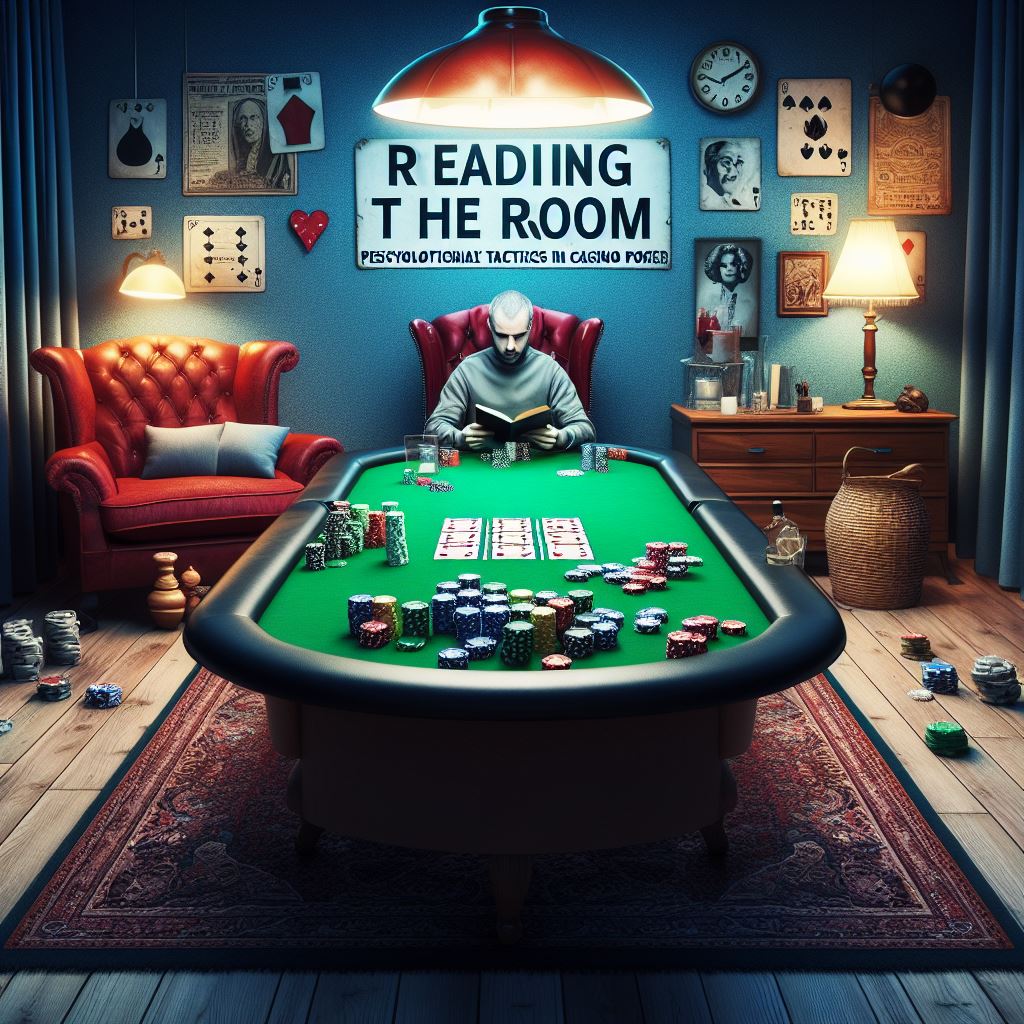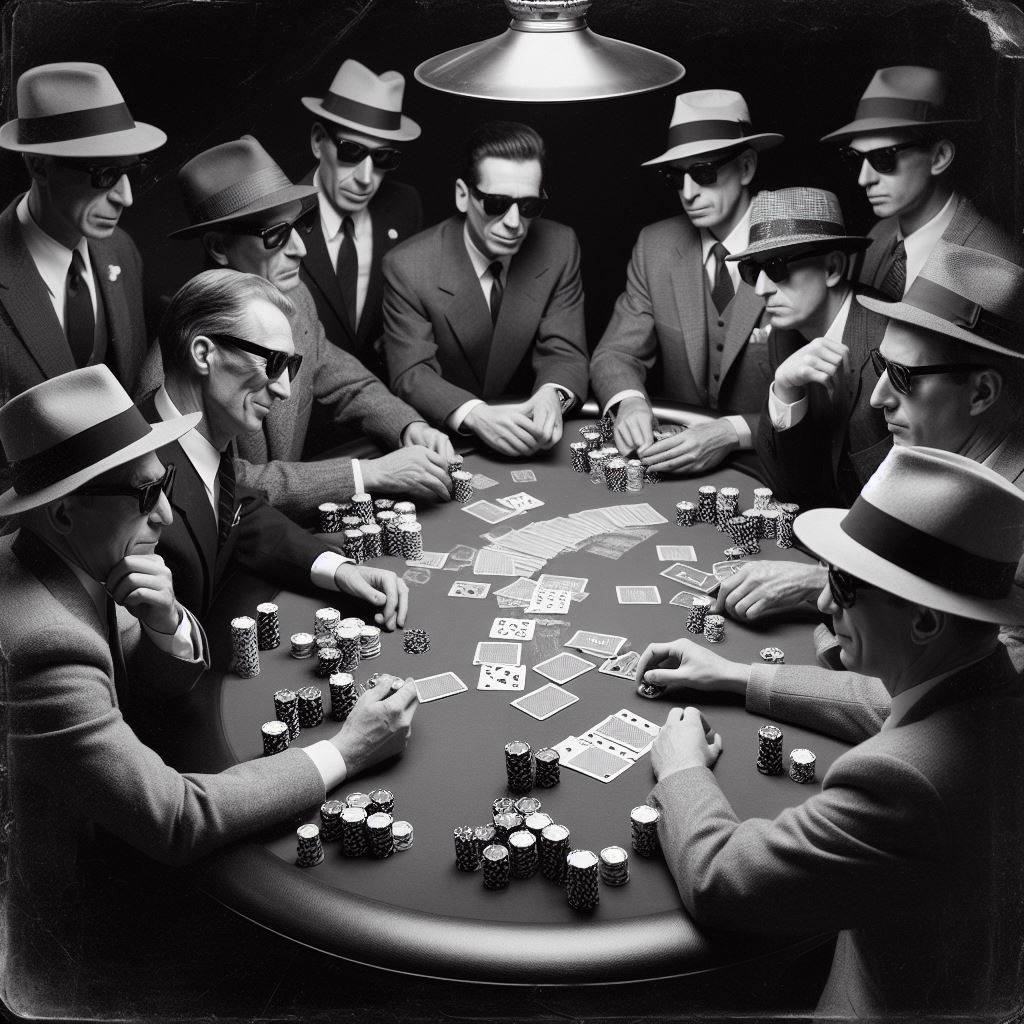Reading the Room: Psychological Tactics in Casino Poker

Poker is not just a game of cards—it’s a complex psychological battle. In casino poker, Psychological Tactics in Casino where stakes are high and the competition fierce, understanding the psychological tactics can give players a significant edge. This article explores the key psychological strategies used by seasoned poker players to dominate the game.
1. Understanding Poker Tells
One of the most crucial aspects of reading the room is recognizing poker tells. Tells are involuntary reactions or habits that can provide insight into a player’s hand or their overall strategy. These may include physical gestures, facial expressions, or even patterns of betting. Skilled players observe these cues to gauge whether their opponents are bluffing or holding a strong hand.
2. Emotional Control
Maintaining emotional neutrality, often referred to as keeping a “poker face,” is vital. The ability to control emotions and reactions—regardless of the hand you’re dealt—helps prevent other players from reading your intentions. Emotional control also involves managing tilt, Psychological Tactics in Casino a poker term for emotional frustration that can lead to poor decisions.
3. Strategic Aggression
Aggression in poker can be a powerful tool when used strategically. Betting and raising aggressively can pressure opponents into folding or making errors. However, the timing of these aggressive moves is crucial; they should be based on a keen read of the table dynamics and the perceived strength of the opponents’ hands.
4. Psychological Endurance
Poker sessions at casinos can be lengthy, requiring immense psychological stamina. Players must stay focused and alert, continually analyzing the behavior and strategies of their opponents while managing their fatigue. The ability to remain psychologically resilient in long games often separates the winners from the rest.
5. Adjusting to the Table
Each poker table has its unique dynamics, influenced by the playing styles and personalities of the participants. Successful players adapt their strategies based on their read of the table. This might mean playing more conservatively against tight players or loosening up against aggressive players.
6. Creating a Table Image
How players perceive you at the table can be just as important as how you see them. Creating a specific table image deliberately can influence how opponents play against you. For instance, appearing tight or conservative can encourage others to bluff more, while a loose image might deter players from challenging your bets.
7. Using Psychological Warfare
Some players employ psychological tactics that border on warfare, like trash talking, to unsettle opponents. These mind games can lead opponents to make uncharacteristic mistakes. However, this tactic must be used judiciously, as it can also provoke more skilled players to target you.
Conclusion
Mastering the psychological aspects of casino poker requires both practice and intuition. The best players are not just skilled in the mechanics of the game but are also adept at reading the room and using psychological tactics to their advantage. By developing these skills, players can significantly improve their chances of success at the poker table.
Read More: Advanced Poker Tactics for the Serious Player


